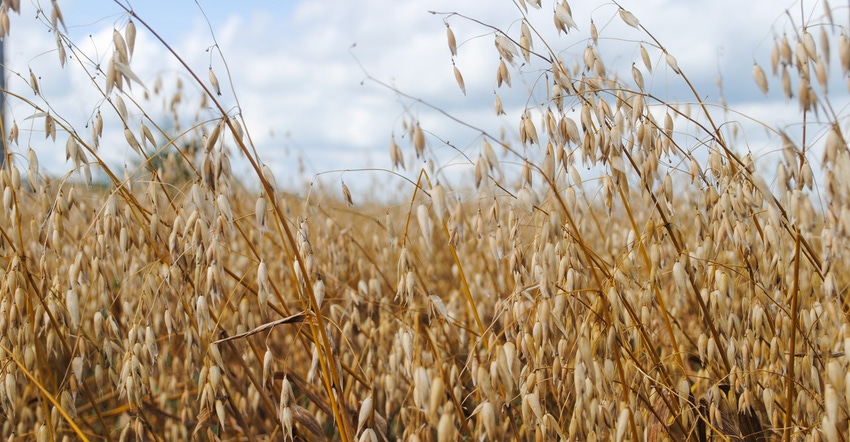
I have been suspicious of what General Mills is up to in the Dakotas.
Agronomists representing the giant food company — makers of Cheerios cereal, Gold Medal flour and scores of other popular products — have been crisscrossing the Northern Plains and the Prairie Provinces talking about sustainability, soil health, organic farming and other practices.
I’ve wondered if General Mills is getting ready to source grain just from certain farms. Is it preparing to buy only grain from farms that no-till, plant cover crops or don’t ever use glyphosate? Or is General Mills just going to buy grain from operations like Gunsmoke Farms, of Pierre, S.D., which, according to a 2018 report from the Capitol Journal, is owned by TPG, a San Francisco, Calif., private investment company?
General Mills entered into an agreement with Gunsmoke Farms to buy its spring grain once it was certified organic, something that may happen this year. According to Tom Rabaey, a General Mills senior agronomy manager, there isn’t anything sinister going on.
“We’re not out trying to create a checklist [for suppliers],” he said at the Farming and Ranching for the Bottom Line conference in Bismarck, N.D., earlier this year.
Instead, General Mills is trying to protect its source of raw ingredients, he said. That means stopping soil loss, boosting soil organic matter and biological life, and helping farmers who grow their grain be more profitable and economically resilient.
General Mills is currently working with 45 farm families operating 170,000 acres U.S. and Canada, coaching them as they try no-till, cover crops and other regenerative ag practices. Nine of the farms are certified organic.
Apparently, one of the reasons why General Mills is promoting regenerative ag is that its marketing research shows there been a significant change in consumer attitudes recently. A majority of people used to just buy food based on the how it would affect them — their health, their pocketbooks, etc. Now, a majority are willing to consider how it affects the environment and the planet, too.
Also, most people blame the government and big companies for the problems they see on the land such as soil erosion, pollution, lack of biodiversity and climate change. They also expect government and big food companies to solve these problems.
General Mills has made a commitment to reduce greenhouse gas emissions from its value chain by 28% by 2025. Because more than half of its greenhouse gas emissions happen on the farms in the production of the raw materials it buys and less than 10% comes from its processing plants, the only way General Mills can reach its goal is to focus on the supply chain — and that means the farm.
I have no idea if General Mills’ marketing and environmental research is valid. Maybe the coronavirus crisis pushes concerns about climate change into the background. Bare grocery shelves would tend to do that. But I suspect a company with $16 billion in sales from 100 different food brands in 100 countries on six continent knows a thing or two about its business.
Maybe it will be worth listening to General Mills’ agronomists when they come around during a field day or farm tour this summer.
About the Author(s)
You May Also Like






